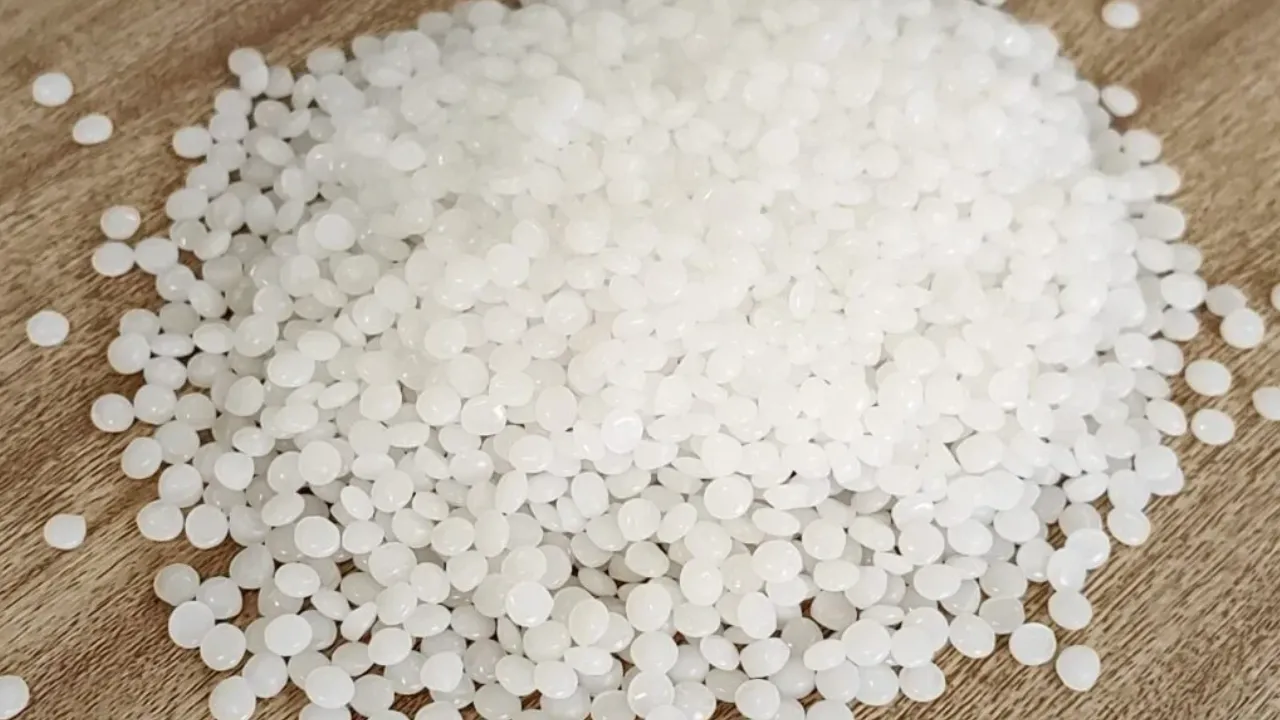HDPE PE100N

Introduction
In an era where infrastructure durability and sustainability are paramount, selecting the right material is critical. HDPE PE100N emerges as a game-changer in high-density polyethylene (HDPE) technology, engineered to excel in the most demanding industrial environments. Renowned for its unmatched chemical resistance, stress crack resilience, and 50+ year lifespan, PE100N is revolutionizing water and gas distribution, chemical transport, and agricultural systems. This comprehensive guide dives into the properties, applications, and advantages of HDPE PE100N, demonstrating why it outperforms traditional materials like PVC and steel while aligning with global sustainability goals.
What is HDPE PE100N?
HDPE PE100N is a premium-grade polyethylene classified under the PE100N standard, a benchmark for high-stress piping systems. The “N” designation signifies compliance with rigorous international testing for Notched Constant Tensile Load (NCTL) performance, ensuring exceptional resistance to environmental stress cracking. Meeting ISO 4427, EN 12201, and ASTM F714 standards, PE100N is engineered with a high molecular weight and enhanced polymer structure, enabling it to withstand extreme pressures (up to 25 bar) and temperatures (-40°C to 60°C). Its versatility makes it indispensable for gas networks, potable water systems, and aggressive chemical transport.
Key Properties of HDPE PE100N
HDPE PE100N is a high-performance polymer known for its high density (0.94–0.96 g/cm³), superior strength (MRS 10 MPa), and excellent durability. It offers outstanding chemical and corrosion resistance, high impact strength, and superior crack resistance, making it ideal for demanding applications like piping and industrial storage.
This grade is UV-stabilized, weldable, and low in water absorption, ensuring long-term reliability in harsh environments. Additionally, it is safe for potable water, recyclable, and widely used in water and gas pipelines, drainage systems, and industrial applications.
Top Applications of HDPE PE100N
1. Water & Gas Distribution Networks
PE100N pipes dominate municipal water and gas systems due to their leak-free joints and corrosion resistance. They’re NSF 61-certified for potable water and EN 1555-compliant for natural gas, ensuring safety in urban and rural networks.
2. Chemical & Industrial Pipelines
From sulfuric acid to hydrocarbons, PE100N safely transports aggressive media in chemical plants, refineries, and mining operations. Its non-reactive properties eliminate contamination risks.
3. Agricultural Irrigation
Weather-resistant PE100N drip lines and pivot systems optimize water efficiency in arid regions. UV stability prevents brittleness, even under prolonged sun exposure.
4. Offshore Oil & Gas Transport
PE100N’s resistance to saltwater corrosion and hydrocarbons makes it a staple in subsea pipelines, replacing costly steel in shallow-water oil extraction.
5. Wastewater & Sewage Management
Sewage treatment plants rely on PE100N for its resistance to hydrogen sulfide and microbial-induced corrosion, ensuring eco-safe wastewater handling for decades.
Advantages of HDPE PE100N Over Competing Materials
- Cost Efficiency: A 50-year service life reduces replacement costs by 70% compared to PVC. Fusion-welded joints eliminate gasket leaks, saving up to 30% in maintenance.
- Sustainability: Fully recyclable (Resin ID Code 2), PE100N supports circular economy initiatives. Its production emits 60% less CO2 than steel pipelines.
- Safety: Certifications from NSF, WRAS, and DVGW guarantee compliance with global health and safety standards.
- Versatility: Adaptable to extrusion, blow molding, and rotational molding, PE100N suits custom industrial designs from pipes to chemical storage tanks.
Why Choose HDPE PE100N for Your Project?
Certified Reliability
Third-party tested to ISO 1167 and ASTM D1598 standards, PE100N guarantees pressure resilience and longevity. Its 1.25 safety factor exceeds industry requirements, offering peace of mind in critical infrastructure.
Global Success Stories
- Netherlands’ Water Networks: PE100N pipes reduced leakage rates by 40% in Amsterdam’s century-old water grid.
- Qatar’s Gas Expansion: Over 500 km of PE100N pipelines were deployed for the 2022 World Cup infrastructure, withstanding desert temperatures.
Sustainability Alignment
With a carbon footprint 50% lower than traditional materials, PE100N helps industries meet ESG targets. Its recyclability aligns with EU Green Deal objectives, appealing to eco-conscious stakeholders.
Conclusion
HDPE PE100N represents the pinnacle of polyethylene innovation, merging unmatched durability, cost-efficiency, and environmental stewardship. Whether designing a chemical pipeline, upgrading a water network, or optimizing agricultural irrigation, PE100N delivers decades of reliable performance while reducing lifecycle costs. As industries worldwide prioritize sustainable infrastructure, HDPE PE100N stands as the material of choice for future-proof engineering.
Technical datasheet
| Properties | Value | Units | Test Method |
|---|---|---|---|
| MFR (190 °C/5Kg) | 0.22 | g/10 min | ISO 1133 |
| MFR (190 °C/21.6Kg ) | 6.2 | g/10 min | ISO 1133 |
| FRR 21.6/5 | 28 | – | – |
| Density | 0.948 | g/cm3 | ISO 1183 |
| Notched Impact Strength | 24 | MJ/mm2 | ISO179/1EA |
| Hydrostatic Strength (80 °C) | 5000 (4.5 Nmm2) | h | ISO 1167 |

